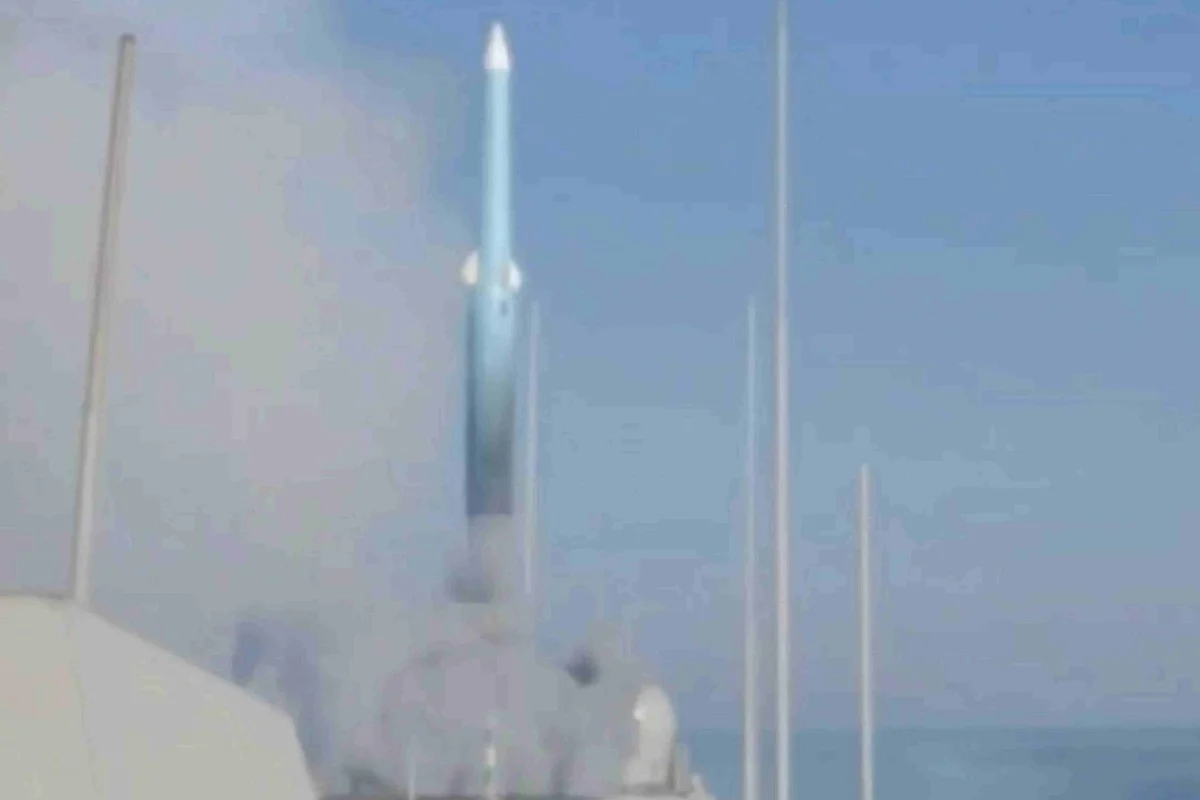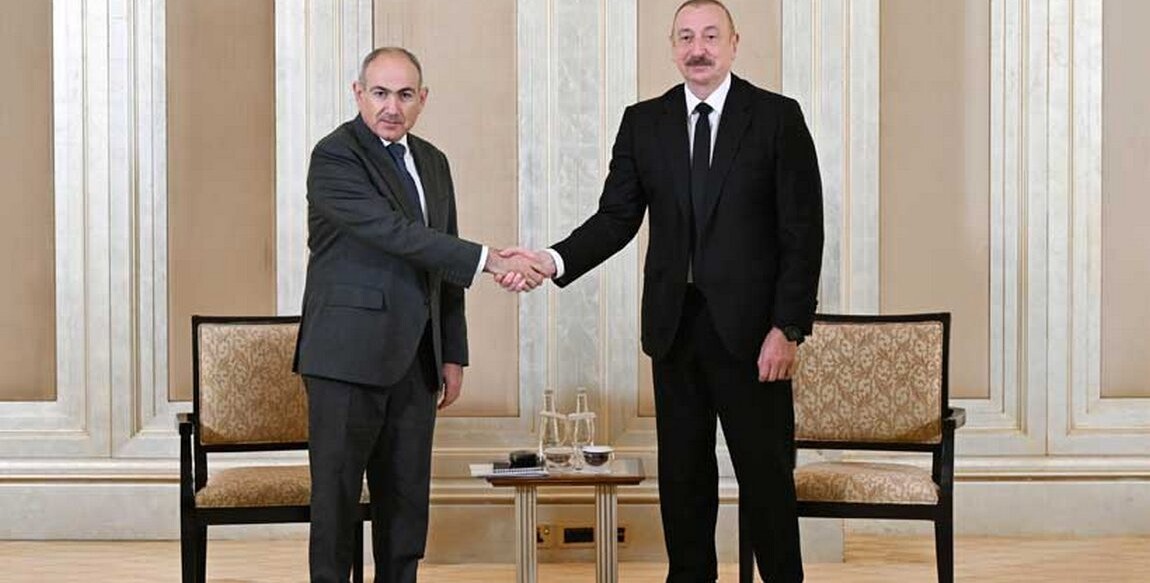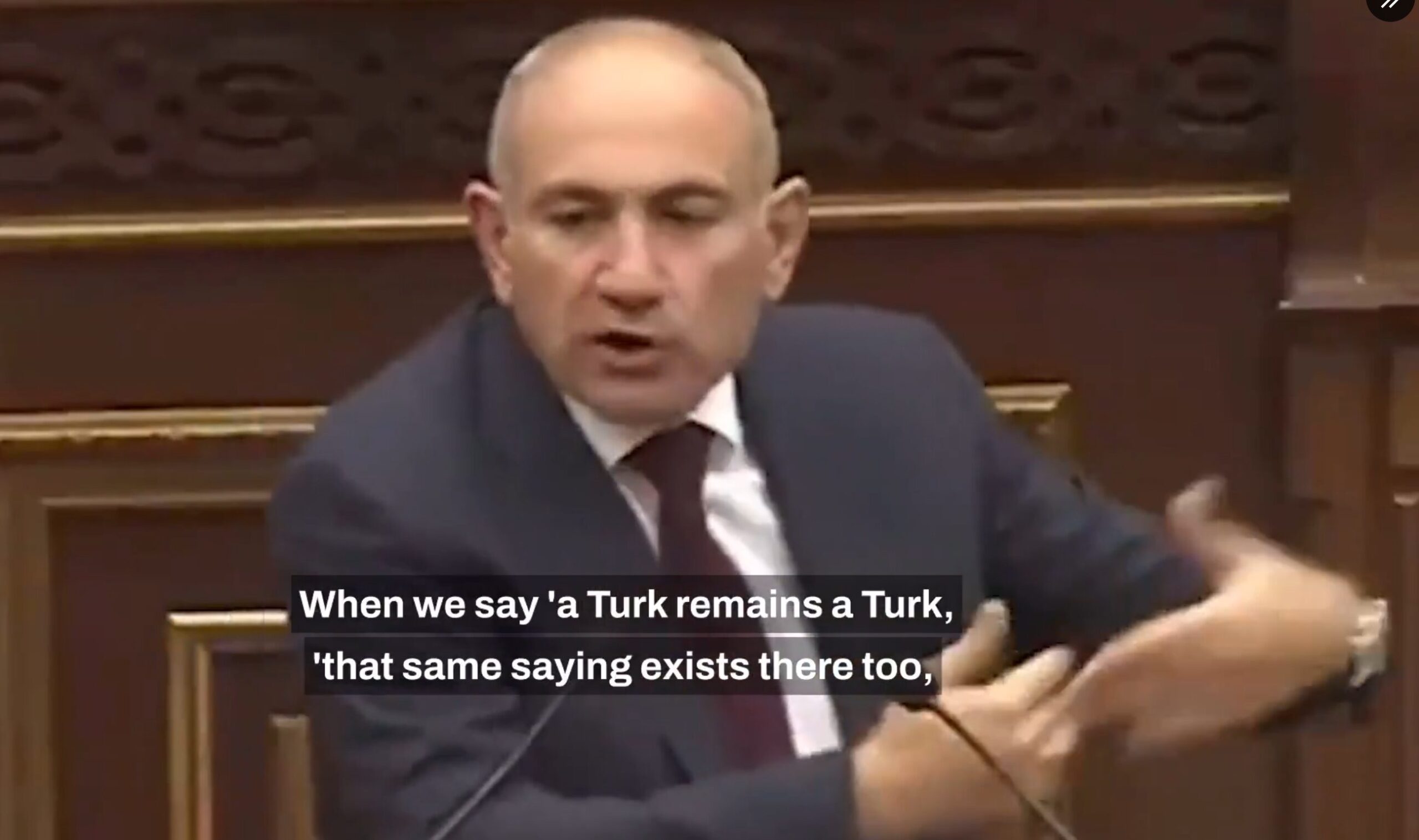PICTURED: Tupolev Tu-160 RF-94109 over the Volga and the cities of Engels (left) and Privolzsky (right), Saratov Region. PC: Russian Planes, Alex Beltyukov. CC 3.0.
MINSK, Belarus. November 12th 2021. Tensions between Belarus and the NATO block have streaked in recent days as statements made by some NATO members have resulted in Minsk allegedly beginning to conduct air patrols alongside Russia’s Tu-160 nuclear-capable bombers.
The defense ministers of Latvia, Lithuania, and Estonia, warned that differences over an immigration crisis could “spill over into the military domain,” while Belarusian president Aleksandr Lukashenko said “those are bombers capable of carrying nuclear weapons. But we have no other way out. We have to see what they are doing beyond”.
A group of western nations recently raised the question of the migration crisis, where refugees from war-torn Middle Eastern countries are allegedly being sent through Belarus into Poland in retaliation for EU sanctions, at a UN Sec. Council meeting. They called the behavior “unacceptable”. Russia, who has also been accused of funneling migrants, and Belarus have both denied the accusations.
Ahead of council meeting, Russia’s deputy U.N. Ambassador, Dmitry Polyanskiy told reporters that nations such as France “have some kind of masochist inclinations because to raise this topic, which is a total shame for the EU, in front of us would be very brave”.
While officials trade barbed language, the Belarusian defense minister told national press that on November 10th, there would be “regular” air patrols with Belarusian fighter jets accompanied by strategic bombers.
“Flights of strategic bombers used to be cyclical in the past. Starting 10 November they will become regular. These measures represent an adequate response to the evolving situation in the air and on the ground,” the Defense Ministry said.
PICTURED: William Joseph Burns, the new CIA Director, in 2014. Burns recently went to Moscow as part of an early Biden Administration-policy to keep in repeated contact with Russia.
Ironclad
Chances for long-term peace in eastern Europe also suffered a reversal when Bloomberg reported on Thursday the warnings of unnamed U.S. sources “familiar with the matter,” that Russia could be preparing for an invasion of Ukraine.
The report claims the U.S. has not made the intelligence available to European allies, but that its findings were based on publicly-available knowledge according to other unnamed officials “familiar with the administration’s thinking”.
Russia denied the accusation, saying the build-up of troops near its Ukrainian border is an internal matter, while casting back that the U.S. has sailed too many warships near Russia’s holdings in the Black Sea.
Ukraine also denied the accusation, but later altered its position to fit with the rhetoric coming from Sec. of State Antony Blinken who visited Ukraine on Wednesday.
“The message we’re sending today, that I repeated to Dmytro, is that our commitment to Ukraine sovereignty — to its independence, to its territorial integrity, is ironclad,” Blinken said. “And the international community will see through any Russian effort to resort to its previous tactics”.
This was several days after the CIA Director William Burns, the former U.S. Ambassador to Russia, arrived in Moscow for an “extraordinary meeting” with President Vladimir Putin.
The New York Times reported that “Mr. Burns’s visit — and the decision to immediately disclose it — underlined the efforts by both sides to telegraph that they were working to manage a volatile relationship”.



